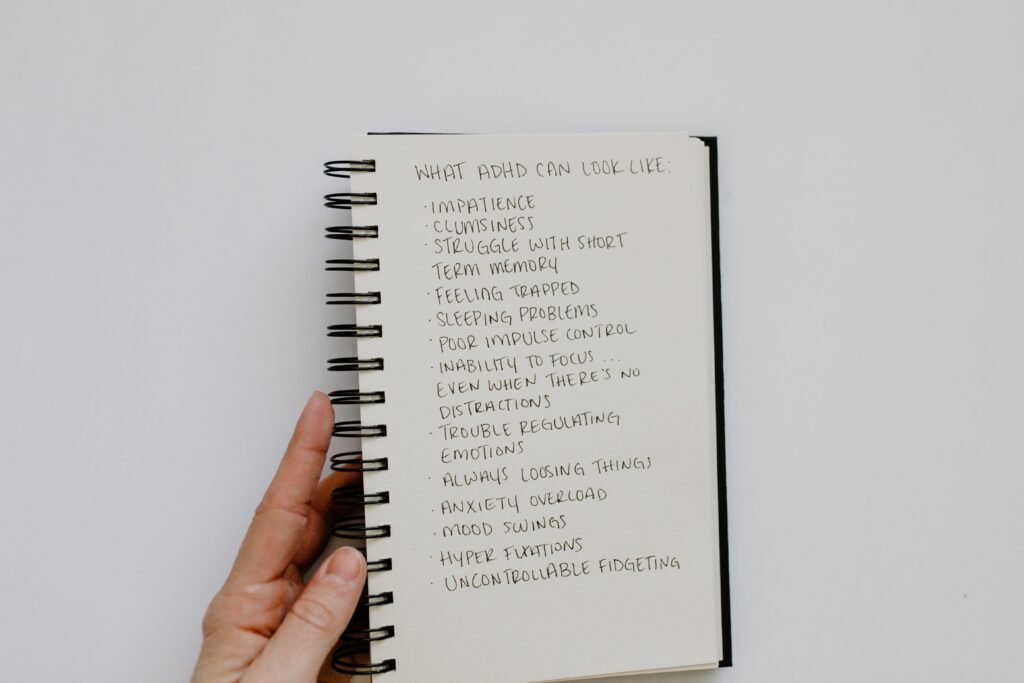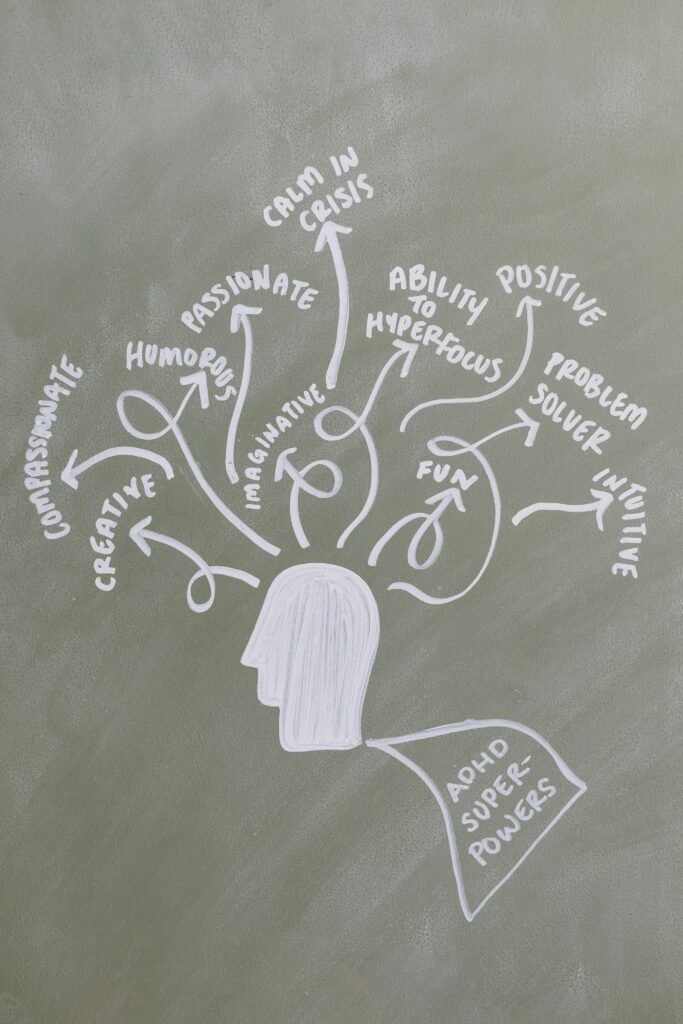If you’re looking to enhance your overall well-being and experience the numerous health benefits of mindfulness, you may be wondering when is the best time to practice this powerful technique. Whether you’re a morning person, a night owl, or somewhere in between, finding the optimal time to engage in mindfulness can help you cultivate greater awareness, reduce stress, and improve your mental and emotional health. In this article, we will explore some of the best times to integrate mindfulness into your daily routine, allowing you to tap into its incredible potential for promoting a healthier, more balanced life.

Morning
Early Morning
The early morning is a perfect time to start your day with mindfulness practice. As you wake up and before starting your usual morning routine, take a few moments to sit in stillness and connect with your breath. This can help you set a positive tone for the day ahead and create a sense of calm and clarity from the very beginning.
After Waking Up
After waking up, it’s important to take a moment for yourself before diving into the tasks and responsibilities of the day. Instead of reaching for your phone or rushing out of bed, take a deep breath and bring your attention to the present moment. Pay attention to the physical sensations in your body, the sounds around you, and any thoughts or emotions that arise. This practice can help you cultivate a sense of gratitude and start your day with a clear and focused mind.
Before Starting the Day
Before you begin your daily activities, whether it’s going to work or taking care of your family, take a few minutes to engage in mindfulness practice. Find a quiet space where you can sit comfortably, close your eyes, and bring your attention to your breath. Notice the rhythm of your breath as it flows in and out, and gently redirect your focus back to the breath whenever your mind starts to wander. This practice can help you center yourself and approach your day with a greater sense of intention and clarity.
Mid-Morning
During Work Breaks
Mid-morning is a great time to take short mindfulness breaks during your workday. Whether you’re sitting at a desk or on your feet, find a quiet spot where you can take a few minutes to pause and reset. Focus on your breath, allowing each inhale and exhale to anchor your attention in the present moment. This can help you release any built-up tension or stress and regain a sense of mental clarity and focus.
Before Important Meetings
If you have an important meeting coming up, especially one that may be stressful or challenging, take a moment to ground yourself through mindfulness practice. Find a quiet space where you can sit comfortably and bring your attention to your breath. Allow yourself to notice any tension or nervousness in your body, and as you exhale, imagine letting go of any negative emotions or thoughts. By practicing mindfulness before important meetings, you can approach them with a calm and focused mind, enhancing your ability to communicate effectively and make thoughtful decisions.
Afternoon
Lunchtime
During your lunch break, take the opportunity to engage in mindful eating. Instead of rushing through your meal or mindlessly scrolling through your phone, bring your attention to the food in front of you. Notice the colors, textures, and smells. Take small bites and savor each one, paying attention to the flavors and how they change as you chew. By practicing mindful eating, you can cultivate a greater appreciation for your food and develop a healthier relationship with eating.
Mid-Afternoon
As the day progresses and fatigue may start to set in, it’s beneficial to take a mindful pause in the mid-afternoon. Find a quiet place where you can sit or stand comfortably, and bring your attention to your breath. Allow yourself to let go of any tension or stress that has accumulated throughout the day, and focus on bringing a sense of relaxation and calm into your body and mind. This practice can help restore your energy and maintain focus for the rest of the day.
Evening
Before Dinner
Before sitting down for dinner, take a moment to transition from your day and shift your focus to the present moment. Find a quiet space where you can sit comfortably and engage in a brief mindfulness practice. Bring your attention to your breath, noticing the inhales and exhales as you take deep breaths. This practice can help you release any stress or worries from the day and create a sense of calm and presence before enjoying your meal.
After Work
After a long day at work, it’s essential to take time for yourself to unwind and recharge. Before diving into your evening activities, find a quiet space where you can engage in mindfulness practice. Sit comfortably, close your eyes, and connect with your breath. Notice any physical sensations or emotions that arise, and allow yourself to let go of any stress or tension. By practicing mindfulness after work, you can create a smooth transition from the demands of the day to a more relaxed and enjoyable evening.
Before Bedtime
Before getting into bed, take a moment to wind down and prepare your mind and body for sleep. Engage in a calming mindfulness practice that focuses on relaxation and letting go of the day’s events. Sit or lie down comfortably, and bring your attention to your breath. Take slow, deep breaths, allowing yourself to relax with each exhale. Pay attention to the sensations in your body and any thoughts or emotions that arise, without judgment or attachment. This practice can help promote a restful night’s sleep and set the stage for a peaceful and rejuvenating night.

Specific Situations
During Stressful Moments
When faced with stressful moments throughout the day, mindfulness can provide solace and help you navigate challenges with more clarity. By taking a moment to pause and focus on your breath, you can create a brief space to gather your thoughts and emotions. Notice any tension or discomfort in your body, and with each exhale, release and let go of the stress. Engaging in mindfulness during stressful moments can help you approach the situation with a calmer perspective and make more informed decisions.
During Commute
Commuting, whether by car, public transportation, or walking, can be a prime opportunity to practice mindfulness. Instead of getting lost in thoughts or frustrations, try bringing your attention to your breath or the sensations of your body. Notice the sights and sounds around you, as well as the movement of your body as you navigate your journey. By practicing mindfulness during your commute, you can transform what may feel like wasted time into a period of reflection and present-moment awareness.
In Waiting Rooms
Waiting rooms are often seen as dull and boring spaces, but they can also serve as pockets of time for mindfulness practice. Instead of reaching for your phone or zoning out, use the opportunity to engage in mindfulness. Focus on your breath, the sensations in your body, or even the sounds in the room. By being present in the waiting room, you can cultivate a sense of calm and bring a greater sense of patience and acceptance to your experience.
Before and After Exercises
Before Physical Activities
Before engaging in any physical activity, take a moment to prepare your mind and body through mindfulness practice. Find a quiet space where you can stand or sit comfortably, and focus on your breath. Take deep inhales and exhales, allowing yourself to connect with your body and bring your attention to the present moment. This practice can help you enhance your physical performance, reduce the risk of injury, and cultivate a greater mind-body connection during your exercise routine.
After Physical Activities
After completing a workout or any form of physical activity, take a moment to cool down and transition your body and mind back to a state of rest. Find a quiet space where you can sit or lie down comfortably, and engage in a mindfulness practice that promotes relaxation and recovery. Bring your attention to your breath, allowing each exhale to release any tension or fatigue in your body. By practicing mindfulness after physical activities, you can support your overall well-being and aid in the recovery process.

Prior to Challenging Tasks
Before Tests or Exams
When faced with tests or exams, engaging in mindfulness practice beforehand can help calm your nerves and enhance your focus. Find a quiet space where you can sit comfortably, and bring your attention to your breath. Allow yourself to acknowledge any anxiety or pressure you may be feeling, and with each exhale, release and let go of those challenging emotions. By practicing mindfulness before tests or exams, you can approach them with a clearer mind and a greater sense of confidence.
Ahead of Difficult Conversations
Difficult conversations can be emotionally draining and challenging, but mindfulness can help you approach them with more compassion and understanding. Before engaging in a difficult conversation, take a moment to ground yourself and regulate your emotions through mindfulness practice. Find a quiet space where you can sit comfortably, and bring your attention to your breath. Allow yourself to become fully present, acknowledging any thoughts or emotions that arise without judgment. By practicing mindfulness ahead of difficult conversations, you can cultivate a greater sense of self-awareness and respond to others with empathy and clarity.
During Self-Care Routines
While Taking a Bath
Baths are traditionally seen as a time for relaxation and self-care, and mindfulness can further enhance this experience. As you fill the tub with warm water, take a moment to set an intention for your bath. Close your eyes and bring your attention to your breath, allowing yourself to let go of any stress or tension. As you immerse yourself in the water, focus on the sensations on your skin and the gentle movements of the water. By practicing mindfulness while taking a bath, you can transform this daily routine into a truly rejuvenating and mindful experience.
During Meditation Practice
Meditation is a powerful tool for cultivating mindfulness, and engaging in regular meditation practice can bring a host of health benefits. Find a quiet and comfortable space where you can sit or lie down, and set aside dedicated time for meditation. Close your eyes and bring your attention to your breath or a specific point of focus, such as a mantra or an object. Allow yourself to observe any thoughts or sensations that arise, without attachment or judgment. By incorporating regular meditation practice into your self-care routine, you can strengthen your ability to be present and cultivate a sense of inner peace.
Before and After Meals
Before Eating
Before diving into a meal, pause for a moment of mindfulness. Take a few deep breaths, bringing your attention to the present moment and your body’s hunger and fullness cues. As you sit down to eat, take note of the colors, textures, and smells of your food. Chew slowly and savor each bite, focusing on the flavors and sensations in your mouth. By practicing mindfulness before eating, you can increase your enjoyment of meals, promote healthy portion control, and foster a more mindful relationship with food.
After Eating
After finishing a meal, take a moment to check in with your body and notice how you feel. Sit quietly for a few minutes, paying attention to any physical sensations in your body, such as fullness or satisfaction. Notice any thoughts or emotions that arise without judgment. This practice can help you develop a greater sense of awareness around your eating habits and promote better digestion and overall well-being.
Summary
The practice of mindfulness can be seamlessly integrated into various aspects of your day, enhancing your overall well-being and providing numerous health benefits. From the early morning to the evening, and during specific situations such as stressful moments or self-care routines, taking the time to engage in mindfulness can help you cultivate a greater sense of presence, reduce stress, improve focus, and foster a more compassionate and mindful approach to life. So, start incorporating mindfulness into your daily routine and experience the positive impact it can have on your health and overall happiness.

Hello, I’m Kelly Joseph, the author behind Optimum Mindset for an Optimal Lifestyle. Welcome to our website, where we dive deep into the world of mindfulness techniques and productivity hacks. With a mission to help you achieve a more fulfilled life, we offer a comprehensive guide to mastering the art of an optimum mindset. I am passionate about enhancing mental resilience, fostering positivity, and unlocking the potential for goal achievement. This site is a treasure trove of practical tips and strategies that will empower you to live life to the fullest. Join me on this journey of self-discovery and personal growth.

